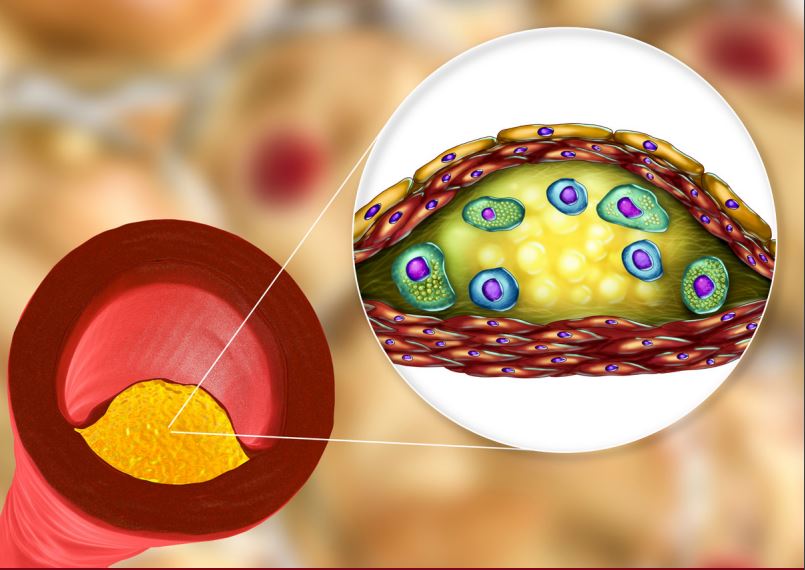However, there is a paucity of evidence for effective cardiovascular risk reduction with existing therapies that target elevated TGs. In all patients with hypertriglyceridemia, emphasis is placed on lifestyle modification, including weight management, increased physical activity and restriction or elimination of alcohol consumption. However, lifestyle therapy is not always sufficient to achieve adequate TG lowering. Statins are considered first line drug therapy for the management of hyperlipidemia, including for most patients with high TG, but there is substantial residual ASCVD risk among patients taking statins.8,10 Trials with currently available agents to treat hypertriglyceridemia (HTG), such as fibrates and niacin, have not been efficacious in reducing ASCVD risk either as a monotherapy or when added to statins, and has contributed to the challenges that clinicians face in targeting HTG to reduce residual ASCVD risk.4 To date, trials with omega-3 fatty acids have shown mixed results in cardiovascular prevention, and clinicians may be confused in differentiating between the different formulations and evidence about these agents for reducing ASCVD risk.4
REDUCE-IT: The Emerging Role of Icosapent Ethyl
The omega-3 fatty acids (OM3FA) eicosapentaenoic acid (EPA) and docosahexaenoic acid (DHA) lower TG through reduced synthesis and release of hepatic VLDL-TG and enhanced clearance of TG from plasma.11 On a molecular level, omega-3 fatty acids have been shown to reduce endothelial dysfunction, plaque volume, and inflammation.6 There are a variety of different prescription and generic OM3FA formulations available for the treatment of hypertriglyceridemia, including icosapent ethyl, omega-3-carboxylic acids, and omega-3-acid ethyl esters.12-14 However, many generic fish oil supplements lack the sufficient pharmacological dose of at least 2g/day of omega-3 fatty acid needed to significantly reduce serum TG levels.15 Several OM3FA concentrate prescription drugs are approved for the treatment of severe hypertriglyceridemia (TG ≥500 mg/dL).16 These formulations provide EPA and DHA in either ethyl ester or free fatty acid (carboxylic acid) forms.








